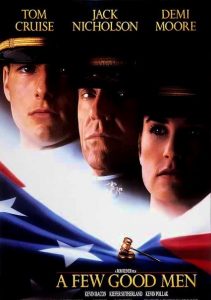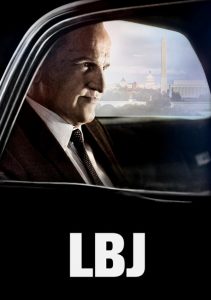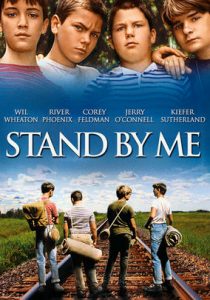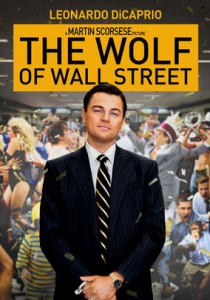Misery-1990
Director Rob Reiner
Starring Kathy Bates, James Caan
Scott’s Review #1,511
Reviewed January 18, 2026
Grade: A-
Kathy Bates and James Caan deliver exceptional performances in Misery (1990), a thriller/horror hybrid set in the snowy hills of remote Colorado over the course of a couple of winter months.
Caan plays famed novelist Paul Sheldon, who is held captive by Annie Wilkes (Bates), an obsessive and unpredictable fan. Bates won the Academy Award for Best Actress for her role.
Thanks to Rob Reiner’s superior direction, the film never lags and continuously keeps the tension boiling at a heart-racing pace. From an early sequence involving a terrible car accident to a slasher horror-worthy finale, Misery contains something for everyone.
The film is based on the enthralling 1987 Stephen King novel and a screenplay by Academy Award-winning writer William Goldman (All the President’s Men, 1976).
After completing his latest novel involving a beloved series character named Misery, Paul’s car careens off a snowy mountain road, leaving him stranded and unconscious. He is rescued by former nurse Annie, who claims to be his biggest fan.
Annie brings him to her remote cabin to recover, where her obsession takes a dark turn when she discovers that Sheldon is killing off Misery, her favorite character.
The success of Misery is due to the chemistry between Bates and Caan. While no romantic sparks exist, the taut scenes of captor and captee are enthralling as the audience nervously awaits what could happen next.
At first, thankfully rescued by Annie, Paul quickly realizes he may be better off dead. Seemingly shifting from kind to rage, Bates flawlessly reveals to the audience that something is not quite right with Annie.
As the actors play cat-and-mouse with their characters, each scene is potent as deeper levels of character texture are surfaced, especially with Annie. Why she is no longer a nurse is shocking.
They even share a tender scene dining over a lovely meal of meatloaf and red wine, though one character’s intentions are spoiled before too long.
Bits of dark humor surface mainly as Annie uses the words ‘cockadoodie’ and ‘poop’ and greedily munches on chips while watching her favorite game shows.
Keeping with the suspense, Reiner’s direction employs several jumps and starts as Annie suddenly appears out of the blue, fiendishly hovering over the injured Paul in his bed, with a look of rage or, in some cases, of unrequited love.
Comparisons to the television series Twin Peaks (1990-1991) and the films Fargo (1996) and What Ever Happened to Baby Jane? (1962) can be recognized.
Supporting characters, the capable Sheriff Buster (Richard Farnsworth) and the horny Deputy Virginia (Frances Sternhagen), are also a married couple, and the cold, snowy small town with peculiar characters like the folksy general store clerk comes to mind when thinking of the aforementioned 1990s efforts.
The claustrophobic bedroom setting where one bedridden sane character relies on an insane character for food and medicine recalls the 1960s cult classic well. When another character uncovers the charade and tries to save the victim, the audience lets out a brief sigh of relief before the rug is pulled out from under them.
Finally, with little to do as Paul’s book agent, it’s nonetheless a treat to see legendary screen actress Lauren Bacall appear in the film.
While many of Stephen King’s adaptations are mediocre or less, it’s nice to see Misery (1990) achieve its due. Alongside Stand By Me (1986), this makes two successful King adaptations by director Reiner.
Oscar Nominations: 1 win-Kathy Bates-Best Actress (won)




